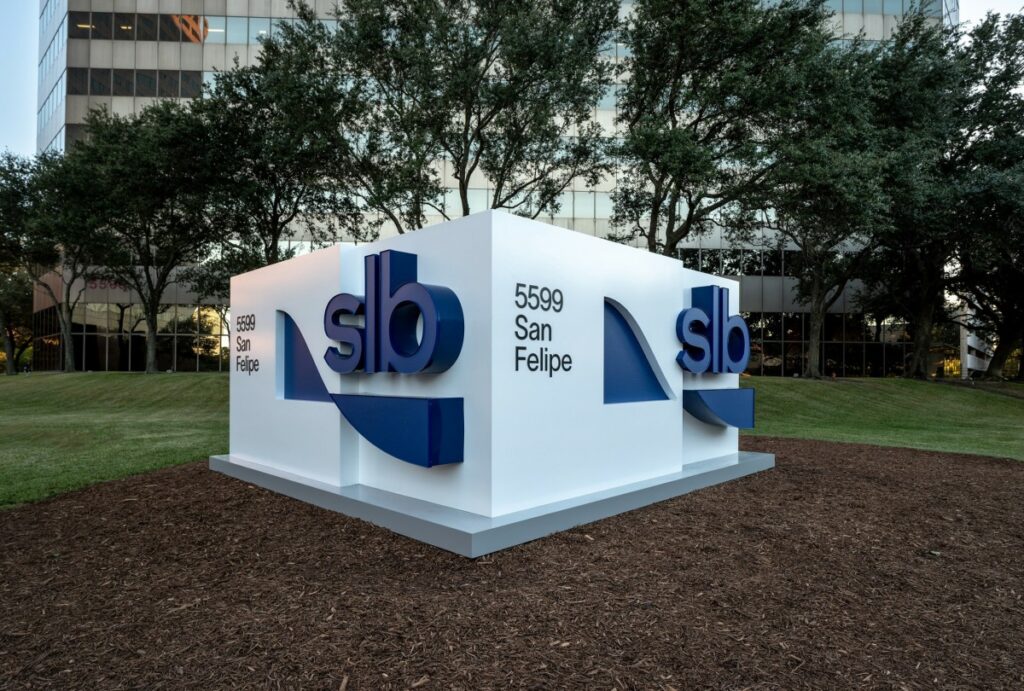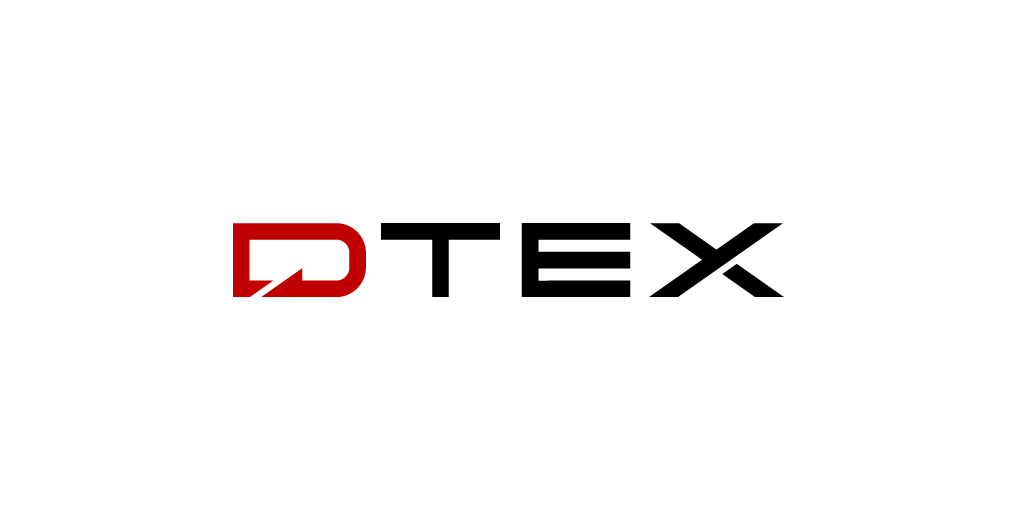
(Reuters)
Top oilfield services company SLB said on Tuesday it will buy smaller rival ChampionX in an all-stock deal valued at $7.75 billion, amid growing consolidation in the North American energy sector.
Oilfield service providers have followed energy producers in pursuing deals as they navigate operational and pricing challenges while catering to customers who have cut spending on new wells in favor of investor returns.
This is SLB’s second acquisition in a week and its biggest purchase since 2016 when it bought oilfield gear maker Cameron International for $14.8 billion.
Last year, Patterson-UTI Energy and NexTier Oilfield Solutions agreed to merge in an all-stock deal to create a $5.4 billion oilfield services company.
SLB said the latest deal would beef up its operations by adding production chemicals and artificial lift technologies to its portfolio.
Evercore ISI analyst James West said the deal would expand its exposure to the less cyclical and growing base of production globally and is closely aligned with its returns focused, capital-light strategy.
ChampionX shareholders will receive 0.735 shares of SLB common stock, or $40.59 per share, representing a premium of 14.6% to ChampionX’s last closing price, according to a Reuters calculation.
ChampionX shares surged 10% before the bell after a brief trading halt, while SLB fell about 1%.
00:22Can onboard carbon capture tech clean the shipping sector?
The video player is currently playing an ad.
SLB expects an annual pre-tax savings of about $400 million in the first three years after the deal closure, which is expected before the end of 2024.ChampionX shareholders will own about 9% of SLB’s outstanding shares.
The oilfield services giant said it would return $7 billion to shareholders over the next two years and increase its 2024 shareholder returns to a target of $3 billion.
Share This:




